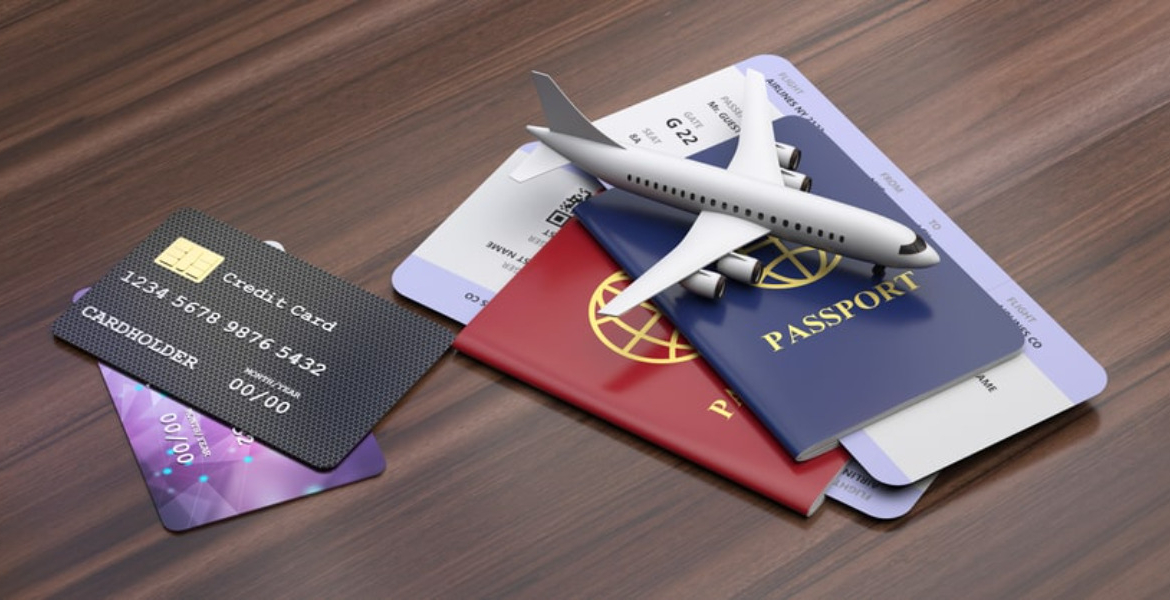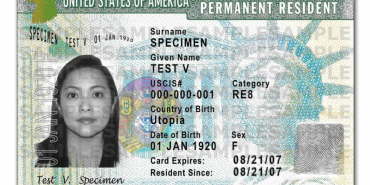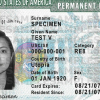From Study to Work: A Comprehensive Guide to Visa Types

Visas regulate foreign nationals’ entry and stay, granting permission for specific purposes and durations under each country’s laws.
Visas serve as legal authorisations issued by sovereign states to control international movement. They vary according to the traveller’s intent, with each category carrying particular rights and restrictions.
Tourist visas permit travel for leisure, family visits, or sightseeing, but do not allow employment. Business visas enable short-term professional activities such as meetings and conferences, without granting work rights within the host country.
Student visas allow individuals enrolled in recognised educational institutions to study abroad. These often include limited permissions for part-time work to support living expenses while maintaining academic focus.
Work visas authorise foreign nationals to take up employment, typically requiring a job offer and reflecting specific labour market needs. Transit visas provide short-term passage through a country for travellers en route to another destination.
Medical visas facilitate travel for healthcare purposes when necessary treatment is unavailable at home, highlighting the role of international cooperation in health access. In the United States, family reunification visas form a key component of immigration policy.
The Family Preference system includes several categories based on familial relationships. The F1 visa is for unmarried adult children of US citizens; the F2A visa covers spouses and minor children of permanent residents; the F2B visa applies to unmarried adult children of permanent residents; the F3 visa includes married children of US citizens and their families; and the F4 visa is for siblings of US citizens aged 21 or over.
These visas often face annual limits and long processing times, reflecting the complexity of managing family-based immigration.








Add new comment